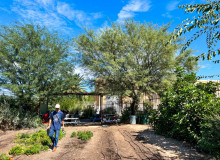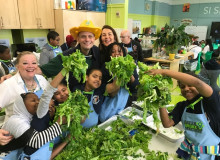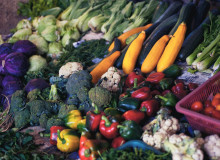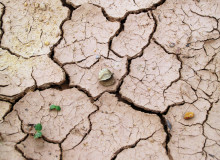food access
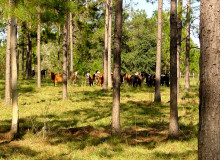
Cattle graze in silvopasture (Photo courtesy of The National Agroforestry Center/ https://creativecommons.org/licenses/by/2.0/?ref=ccsearch&atype=rich).
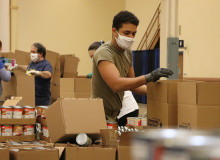
As the need for food continued to grow during the pandemic, the Greater Pittsburgh Community Food Bank called on the Pennsylvania Army National Guard and opened an additional, temporary food box packing site. Food access, food security, nutrition, and environmental justice challenges are among the topics our fellows will explore in their stories this summer. (Melissa Murray/Creative Commons)
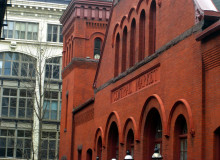
Lancaster Central Market in Lancaster, Pennsylvania, faced drastic customer reductions at the beginning of the pandemic, resulting in the closure of several stands, and yet most still endure. (Jared Kofsky/PlaceNJ.com/Creative Commons)

